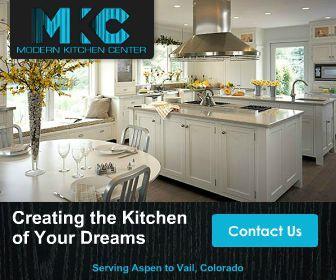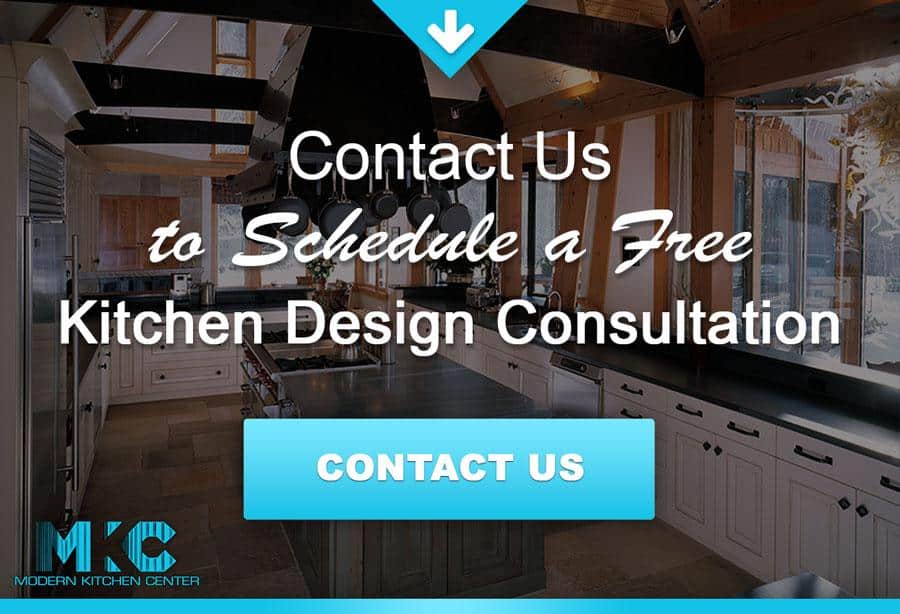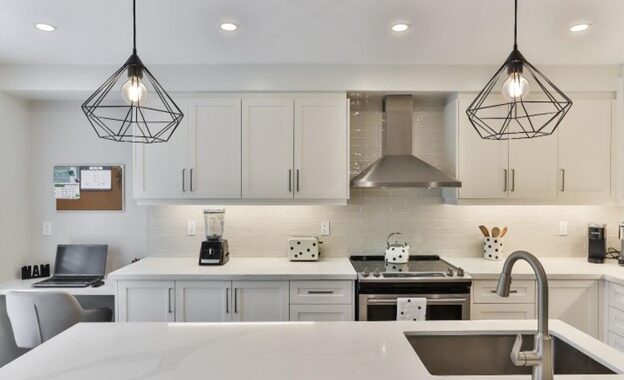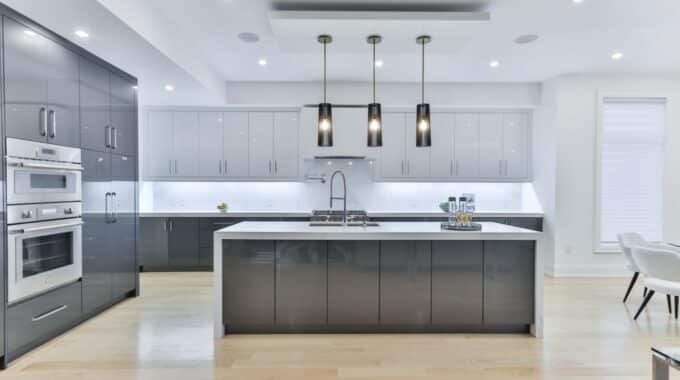Pros and Cons of Quartz Countertops
Whether you’re remodeling your kitchen or starting from scratch, one of the most important decisions you’ll make in functionality and design is the type of countertop materials you’ll use. While some materials are beautiful, they’re less durable, and sometimes, you sacrifice looks for durability. That’s what makes quartz countertops so special; it has a marrying design, durability and functionality that are like no other countertops.
By comparing quartz to other types of countertop materials, you can get a better idea of how they’ll hold up to other types of countertops and whether or not quartz is the material for you. Thanks to a hard surface and unsurpassed shine, quartz may be the ideal way to finish your kitchen.
Cons: Can be Expensive
One of the main concerns of using quartz is that it can be an expensive option for your kitchen. Still, at about $115 to $200 per square foot of material, it’s comparable to other hard surface countertop materials, including granite. And, since quartz usually doesn’t require sealing, you can save on some of the installation costs common to other types of counters.
Cons: Heat Damage
While quartz is extremely hard and impervious to cracking or chipping, it can sometimes be at risk for heat damage. Simply setting a hot pot or pan onto the counter surface could result in a darkening of the quartz color. Luckily, using pot holders or keeping hot pans on the stove can easily remedy the issue so you can still get the countertops of your dreams – even if you do plan on cooking a lot.
Cons: Contemporary Style
While it may be considered a pro as well as a con, quartz offers a contemporary style that usually looks best in modern design. While that doesn’t mean you can’t have quartz in a more traditional home, you may find that the clean and sleek lines quartz offers looks a little better in a streamlined, clean kitchen.
Pros: Durability
Quartz is just as durable as other hard rock surfaces, including marble and granite. To make quartz, manufacturers actually grind and mix about 90 percent true quartz with polymers and dyes to create a one-of-a-kind masterpiece. The resulting material is highly durable and not prone to cracking or chipping – a must with any active family.
Pros: Nonporous
When countertop surfaces are too porous, you’ll face two big problems. The first is the porous materials stain more easily and are harder to clean, so you could find yourself slaving away at making sure your countertops look the best. What’s more, porous surfaces are more susceptible to absorbing and holding bacteria, which can cause illness. Luckily, quartz countertops are extremely nonporous, which protects against both staining and bacteria.
Pros: Original
One of the major pros for quartz countertops is that they’re still fairly new in the design sphere. While it may seem like just about everyone uses granite or composite countertops, quartz makes a bold design statement for those who choose to bring the lasting, beautiful material into their homes as part of the design. You won’t have to worry about your home looking like everyone else’s when you have authentic quartz as one of your design elements.
Quartz can be a beautiful addition to any kitchen build or remodel, so it’s worth a look when you’re choosing and designing your kitchen. By offering a clean finish, original colors and designs, quartz allows your kitchen to be truly one of a kind. As long as you understand the few drawbacks that quartz may cause, you should be able to choose a countertop that expresses your style while giving you the best of both worlds in both function and durability.








